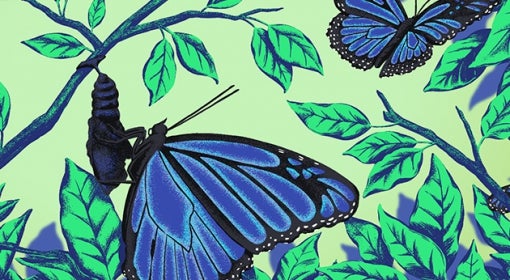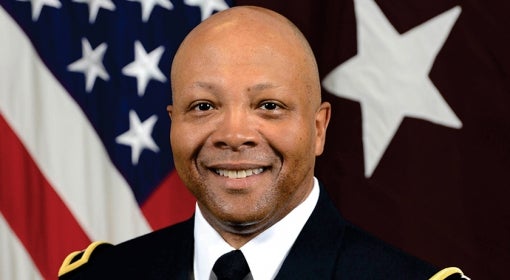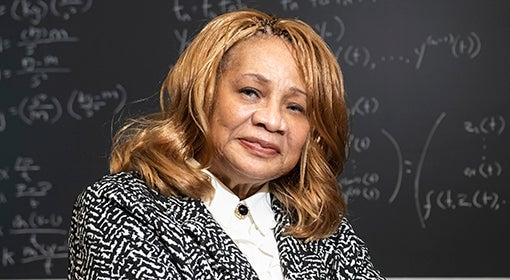PrimaDoris Ngumah sits in her New Jersey living room, nestled between her parents on the couch. Her younger sister and brother sit nearby as they all watch the evening news. The breaking story: A Black man in Minneapolis was killed by a police officer. George Floyd’s name and photo flash onto the screen.
The story saddens and outrages Ngumah, but it doesn’t surprise her. The psychology and Africana studies major is well aware of the long history of violence against Black Americans.
Her younger siblings are not. They don’t get the opportunity to talk about these events with friends or in school. So, she sits with them to talk about what they are witnessing and feeling.
Ngumah, who recently became a cochair of programming for Pitt’s student-run Black Action Society (BAS), soon hears from Morgan Ottley, president of the group. Ottley thinks it’s important to check in with her peers to see how they are processing Floyd’s death and the protests that follow.
Lois Kyei, the other cochair of BAS programming, agrees. Together, she and Ngumah decide to use their leadership roles to gather Black students and talk about change.
Over the course of a few days, the two Pitt students organize “How Much Is Too Much?” It’s a meeting to bring Black students together remotely to voice anxieties and strategies for coping with social injustice.
It’s their first event as co-chairs and they need to organize amid the pandemic. They create the program entirely over email. First, they reach out to BRIDGES, a Pitt scholarship program for minority students, to invite recruited first-year students to join. They want the incoming students to know that, as Ngumah says, “They’re never alone, and at Pitt there’s always somebody to talk to.”
Next, they ask Kaniqua Robinson, a visiting assistant professor in the Department of Africana Studies, to facilitate the event.
“Usually when I’m teaching, I’m lecturing, but now I want to learn from them. I want to make them feel validated,” Robinson says, “and make sure they have a safe space to share.”
“How Much Is Too Much?” draws more than 50 students for more than two hours on a Saturday afternoon. Two of the main concerns that come up in discussion: how to feel included on a predominately white campus and how to look at history to create a more just future. The students share their feelings of fear, outrage and being overwhelmed. Robinson and BAS members also talk about ways of coping with the traumas of social injustice.
The event was one of a number of social justice programs scheduled at Pitt throughout the summer, including the three-day 2020 Diversity Forum in July. But the BAS meeting was especially important for students, says Robinson. “This event helped create a community for Black students at Pitt that goes beyond that moment,” she says. “It was only the beginning, a moment of solidarity that was needed.”
This article appears in the Fall 2020 edition of Pitt Magazine.





